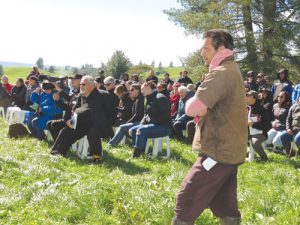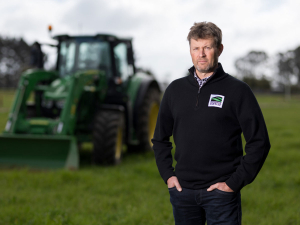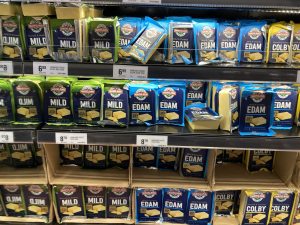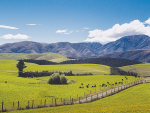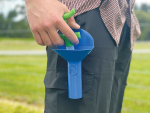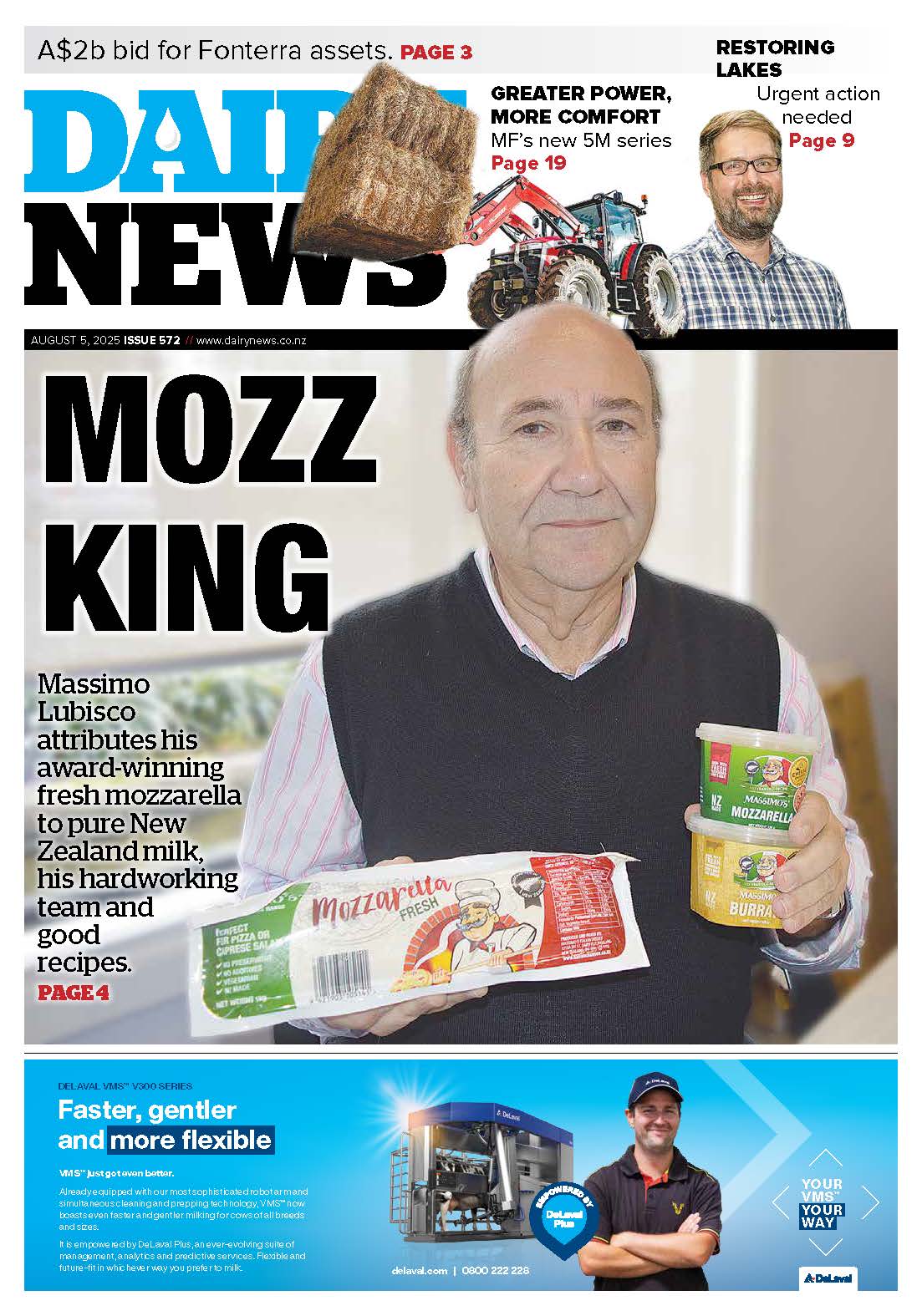The Boundary Road Farm, near Rotorua, owned by the Onuku Maori Lands Trust, is a finalist in this year’s Ahuwhenua Trophy competition to determine the top Maori dairy farm. Peter Burke reports from a field day at the farm.
The 72HA Boundary Road dairy unit is one of four run by the Onuku Trust. It’s the smallest of the farms and is a successful operation.
The 220 cows produce 90,000kgMS on a system three. The farm is set like the other dairy farms, plus the dry stock and forestry block near Lakes Rotomahana, in the shadow of Mt Tarawera, the mountain whose violent eruption on June 10, 1886 wiped out the famous Pink and White Terraces, a major tourist attraction.
The local tribe, Ngati Rangitihi, suffered badly as a result of the Tarawera eruption: lives were lost and a pa on the shores of Lake Tarawera was destroyed. The eruption covered the land – now the Onuku farm -- with mud and ash; the soil is jokingly referred to as ‘mush’.
Today this land grows quality pasture year round. The trust acquired the land in 1982 and has since transformed the former drystock unit into today’s high producers.
The farm’s field day was well attended by farmers and agribusiness people from throughout the central North Island. There were presentations at the local hall, and visitors were bussed around the farm to see stock and hear from trustees and others about their farming philosophy and the farm’s key attributes.
While the Boundary Road farm is smaller than the other dairy farms, it plays a special role in the wider Onuku strategy. The general manager of the trust, Angela Wharekura, says they aim to employ people who whakapapa back to Onuku; the Boundary Road property is seen as a “progression farm”.
“We are looking for those people who are interested in farming to come to us as farm workers and we will train them so that eventually they will become managers and contract milkers on our farms,” she says. “We want to support them so they go through that journey of farming and learn in a supportive way; the scheme is working really well.”
Alan Rondon, the farm manager at Boundary Road, typifies the success of this scheme. Angela Wharekura says Rondon has worked his way through the system and is now a great asset to the trust; he is up for the challenge and is performing well in his role. He is in his first season as manager and has excellent farming skills.
Rondon says he loves his job and the progression system which has seen him rise from working for a sharemilker on one of the other farms to being a manager. He’s also done courses to improve his skills and this has helped him on his career path.
Peter Livingston, of AgFirst, Rotorua, is the farm supervisor. He is experienced and works for several Maori enterprises in the central North Island.
He says the trust aims to reduce its environmental footprint, partly by reducing the stocking rate which is now about 3.1/ha. Fewer stock will mean lower N loss.
“It’s common sense really. We can make huge gains genetically in our herds and probably we can feed our stock better and live within our means in terms of pasture. We want to be more strategic in our use of supplements such as PKE, rather than force feed cows for the sake of it. We rely on having good pasture growth for twelve months of the year because we calve in late July and don’t dry off until the end of May.”
Livingston says the winters may be cold but they have good spring and summer growth and reliable autumn growth. The cold means fewer bugs and problems with facial eczema.





